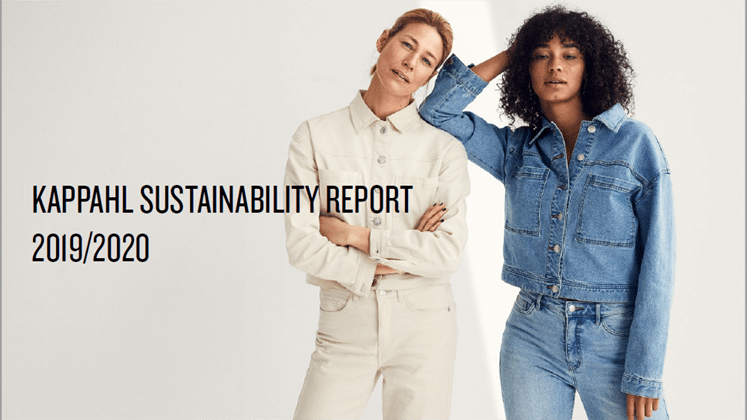KappAhl has come up with Sustainability Report for the extended reporting period from 1 September 2019 to 31 December 2020.
The year was characterised by the impacts of COVID-19 and focus on corporate responsibility for business operations, employees, customers and other stakeholders. However, this was also a year in which the future of KappAhl began to take shape.
The Sweden-based fashion chain offers affordable, responsible fashion simply and sustainably at around 370 KappAhl and Newbie stores.
With 14 employees in India, the company’s 4 per cent production also comes from India.
“Despite the pandemic, KappAhl recorded a stable financial performance as a result of its strong team efforts. Our stable performance demonstrates KappAhl’s strength and reliability. We are now readying our business for future growth. Despite a challenging year, we also continued our efforts to integrate sustainability in our main business strategy to underpin KappAhl’s further strength and reliability going forward,” says Elisabeth Peregi, President and CEO.
In the annual employee survey, the company scores 77 (out of 100) on the question as to whether the respondent would recommend KappAhl to friends and acquaintances as a place to work.
During the pandemic, KappAhl fulfilled all agreements with its suppliers and secured a stable financial result, which enables continued responsible growth.
Profit after tax was SEK 199 million for the extended financial reporting year 2019/2020.
In 2020, KappAhl resolved to reduce its greenhouse gas emissions in line with the Paris Agreement. In absolute terms, this means that the fashion chain intends to halve its emissions by 2030.
The share of the product range made using more sustainable materials and/or by more sustainable methods has increased to 70 (58) per cent. The goal is for this to be 100 per cent by 2025.
Three key goals of the Responsible Fashion sustainability strategy were achieved including 100 per cent more sustainable cotton in KappAhl’s range, 100 per cent more sustainable denim in KappAhl’s range and 100 per cent renewable energy in its own agreements.
KappAhl’s used textiles take-back scheme has received 377 tonnes of textiles, of which 85 per cent were sent for recycling.







